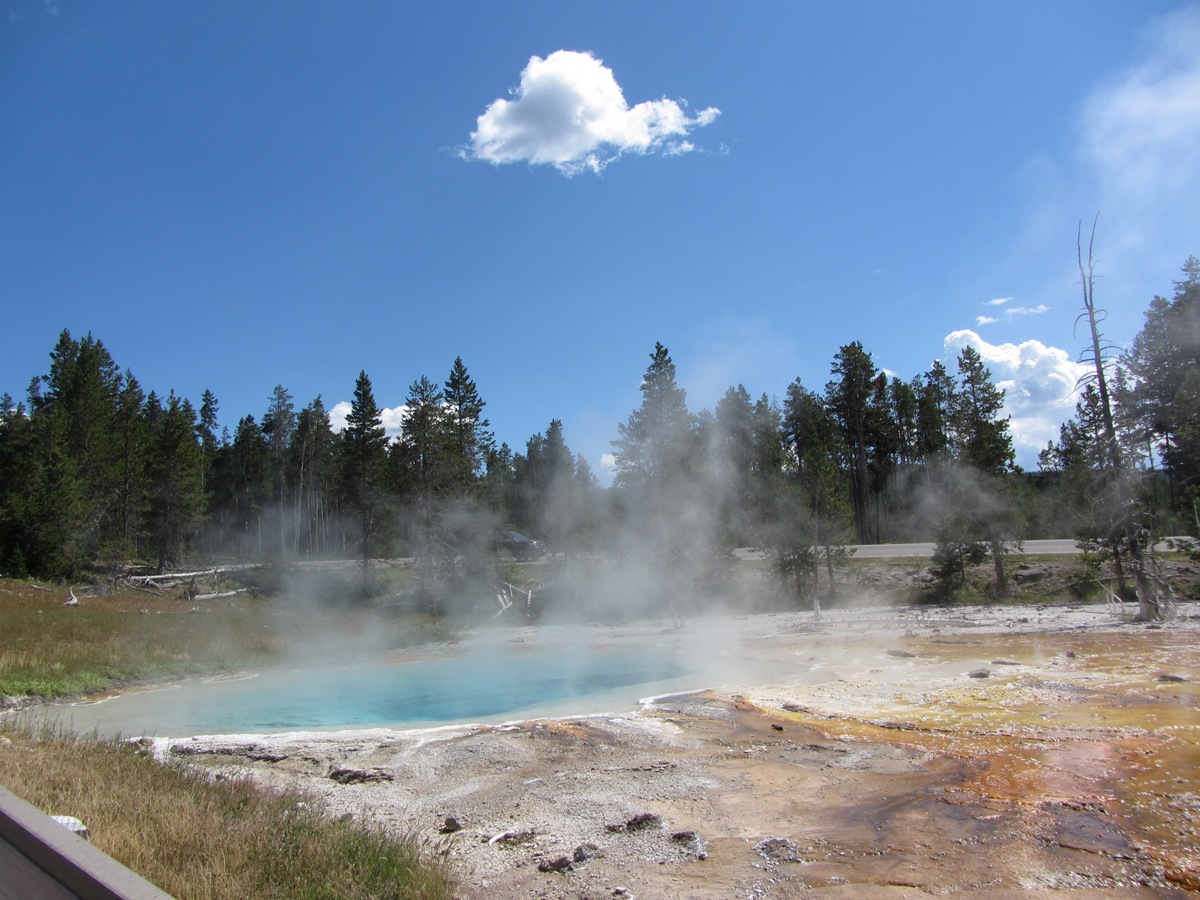I grew up in India.
When I was about 17-18 years old, I started reading Reader’s Digest magazines. The range of articles and book sections introduced to me the realm of emotions. I was very interested in particular to the book sections (they used to have one in every monthly edition of the Reader's Digest magazine). Each story to me was a riveting experience; it was inspiring to learn how people would deal with their vulnerabilities and challenges, drawing on the drive and initiative, and willpower from inside. It made a lasting imprint on me.
I picked up one book advertised in one of the Reader’s Digest magazines – ABCs of Human Brain. The book captured my imagination. It was fascinating learning a bit about the power, complexity, capabilities of the human brain. It felt good that I am endowed with that magic as well – that is, I have one, too. 🙂
Seeds were planted – of the idea, that emotions can drive, they can pump in tremendous amount of energy and fuel, and that my brain has tremendous capabilities when I can focus.

Years into my professional career, I read an article about emotional intelligence. It led me to pick up Daniel Goleman’s book – Working with Emotional Intelligence. It trained me to be aware of my emotions, the emotions of people I am interacting with, and then control or channel my emotions for effective communication. The idea of emotional intelligence – EQ – was an aha for me.
As I gravitated towards customer-centric work and started working with diverse teams in backgrounds and culture, merely being aware and being able to navigate emotions for effective relationships helped me.
While learning more about communication and impact, I learned more about amygdale – the brain's emotional or limbic system. This emotional brain is the oldest, the most developed, and the most dominating part of our mind. People buy with emotions and rationalize with logic. Whether that is public speaking, a sales meeting with a prospect, or content development for engaging opportunities – the emotional connection matters. Did they like me? If yes, they will take time to understand me and what I might have to say or offer.
While learning about managing my stress and cultivating a robust body immune system, I discovered another influential role the amygdale plays, and that is – fight or flight response. For millions of years, the flight or fight response would help fight a threat or run away from it. The heart starts pumping more blood, blood pressure goes up, and more blood is directed towards the limb while shunting down some of the brain's supply – all to prepare for fighting or flying (running away). Unfortunately, the same response system is also activated when we face any uncomfortable situation. It could be public speaking, or navigating work relationships, or getting stuck in traffic, or remembering and reliving in our mind an awkward experience in the past, or worrying about a future event, or talking to a stranger, etc. I learned - from Dr. Andrew Weil’s Spontaneous Healing and Dr. Joan Borysenko’s Minding Your Body, Mending Your Mind - that this fight or flight response can cause health problems such as cardiovascular diseases, acid reflux, infections, and inflammations.
Emotional memory, emotional reactions, emotional energy can have such a powerful impact on way of life – that is both ways, good and bad.

During the final residential week of the MBA school, I heard about Malcolm Gladwell and his book - THE TIPPING POINT - How Little Things Can Make a Big Difference. I was fascinated by how well Malcolm combines ideas, information from several sources and develops points in a captivating way. As soon as his other book came out, I was on it - Blink The Power of Thinking without Thinking. Malcolm explained what he calls the thin-slicing - our mind's ability to draw on past experiences to come up with compelling insights.
The more that I learn about emotions and realize their impact, the stronger is my appreciation for the realm of emotions.